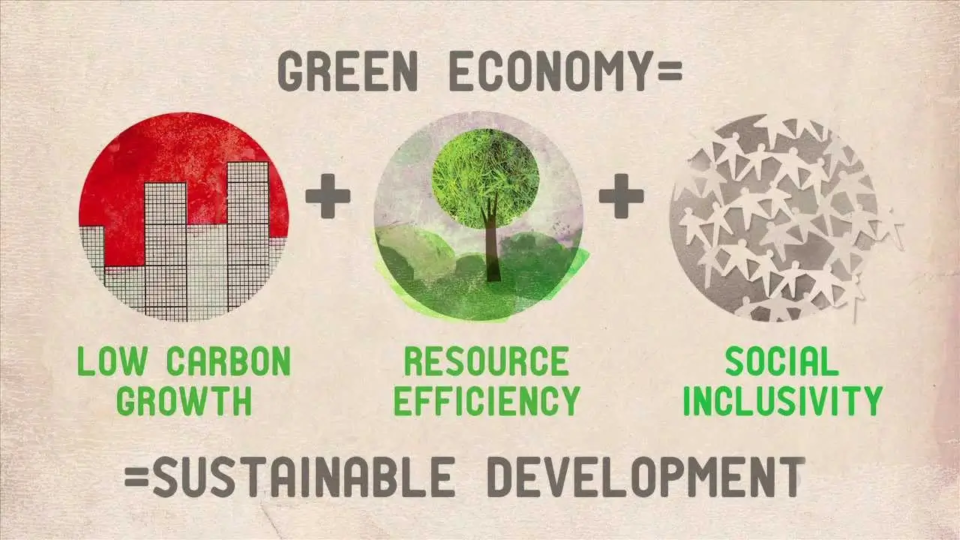India has emerged as a global leader in pursuing sustainable energy goals as part of its green economy vision. The country’s strategic focus on renewable energy is reshaping its economic growth trajectory, enhancing energy security, reducing carbon emissions, and opening new economic opportunities. In line with its commitment to the Paris Agreement, India has set ambitious targets for renewable energy and net-zero emissions, positioning itself as a major player in the global green economy.
India aims to achieve 500 GW of non-fossil fuel-based energy by 2030 and become a net-zero carbon emitter by 2070. Primarily driven by solar and wind power, India has already bagged the fourth-largest producer ranking in renewable energy globally with more than 201 GW of installed renewable energy capacity by September 2024. The nation’s vast solar energy potential is a key focus, through initiatives like the International Solar Alliance (ISA). It is playing a crucial role in global collaboration for solar power generation and technology transfer.
Besides solar and wind energy, India also kept a keen focus on green hydrogen potential. The National Green Hydrogen Mission, launched in 2021, aims to make India a global hub for green hydrogen production. It is seen as a transformative solution for energy sustainability, especially in decarbonizing industries like steel and heavy manufacturing. India is projected to meet around 10% of global hydrogen demand by 2030, providing a competitive edge in this emerging energy sector.
The Green Energy Corridor Project further strengthens the national renewable energy network, facilitating large-scale integration of renewable power into the grid. These efforts are supported by financial and policy incentives, such as Production-Linked Incentives (PLI) for manufacturing solar modules, which have spurred domestic production and reduced reliance on imports.
As India accelerates its green economy goals, the transformation of its energy landscape is creating new avenues for economic growth, job creation, and technological innovation. This long-term shift not only ensures energy sustainability but also enhances India’s global stature in the fight against climate change while setting a model for developing nations to follow. Furthermore, India’s active involvement in global green financing and investments underscores its commitment to building a resilient, sustainable economy capable of leading the global energy transition.

